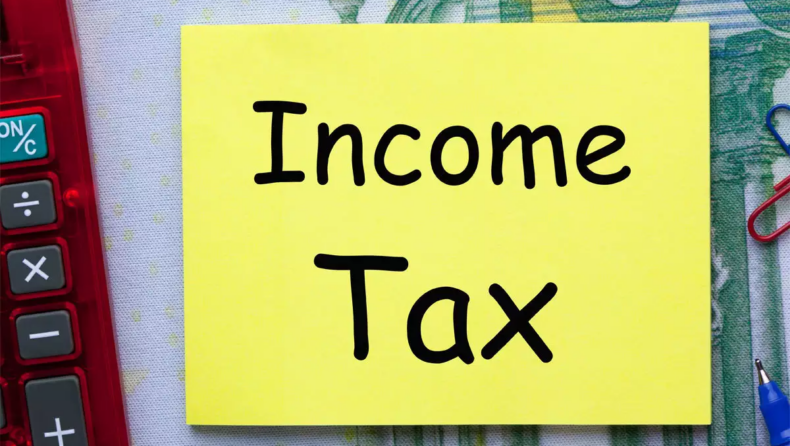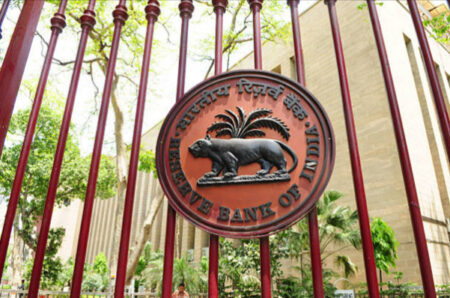If you have not yet submitted your income tax return (ITR) for fiscal year 2020-21, you will be required to pay higher TDS, TCS beginning April 1, 2022, if your total TDS, TCS was Rs 50,000 or more in fiscal year 2020-21.
This is because the government revised the legislation such that failing to file an ITR for one year and having TDS above Rs 50,000 in the previous fiscal year will result in TDS and TCS deductions at a higher rate in the next fiscal year.
The increased TDS, TCS rate will apply to certain types of income, such as interest from recurring deposits, fixed deposits, dividend income, annuity payments, and so forth.
What is the new rule regarding higher TDS, TCS?
The law concerning increasing TDS and TCS was issued in Budget 2021. If an individual has not submitted ITR for FY 2018-19 and FY 2019-20 and TDS and TCS deducted in each year exceed Rs 50,000, then greater tax would be deducted from the taxpayer’s interest income, dividend income, annuity payments, and so on for FY 2021-22.
In Budget 2022, the above-mentioned law was revised to make it stricter. According to the new legislation, starting FY 2022-23, if an individual submitted ITR for FY 2019-20 but did not file ITR for FY 2020-21 and total TDS in FY 2020-21 exceeded Rs 50,000, then higher TDS, TCS will be deducted from his/her income beginning April 1, 2022.
The income tax agency has also tweeted about it via its official Twitter account. According to a tweet from the Income Tax Department, “Failure to file an ITR may result in greater TDS the following year. The deadline for filing ITR for the fiscal year 2021-22 is March 31, 2022. Let us not wait until the last minute.”
AY 2021-22 denotes the fiscal year 2020-21.
TDS/TCS rate for increased TDS/TCS
According to the Income-tax Act of 1961, TDS and TCS shall be deducted at the highest of the following rates:
- Twice the rate established in the applicable Act provision; or
- Twice the rate or rates in effect; or
- The rate of 5%
It is vital to remember that greater TDS and TCS provisions will not apply to TDS rates payable to salary, provident fund, cash withdrawals from bank accounts, and so on.
How will greater TDS and TCS be deducted?
In June 2021, the Central Board of Direct Taxes (CBDT) issued a circular outlining the procedure by which diductors can review the list of individuals to whom greater TDS, TCS is to be imposed.
Financial organisations, such as banks and corporations, that are obliged to deduct TDS can input an individual’s PAN in a specific spot on the income tax e-filing site to determine whether greater TDS or TCS is applicable to that individual.
Published By – Damandeep Singh
Edited By- Kritika Kashyap












